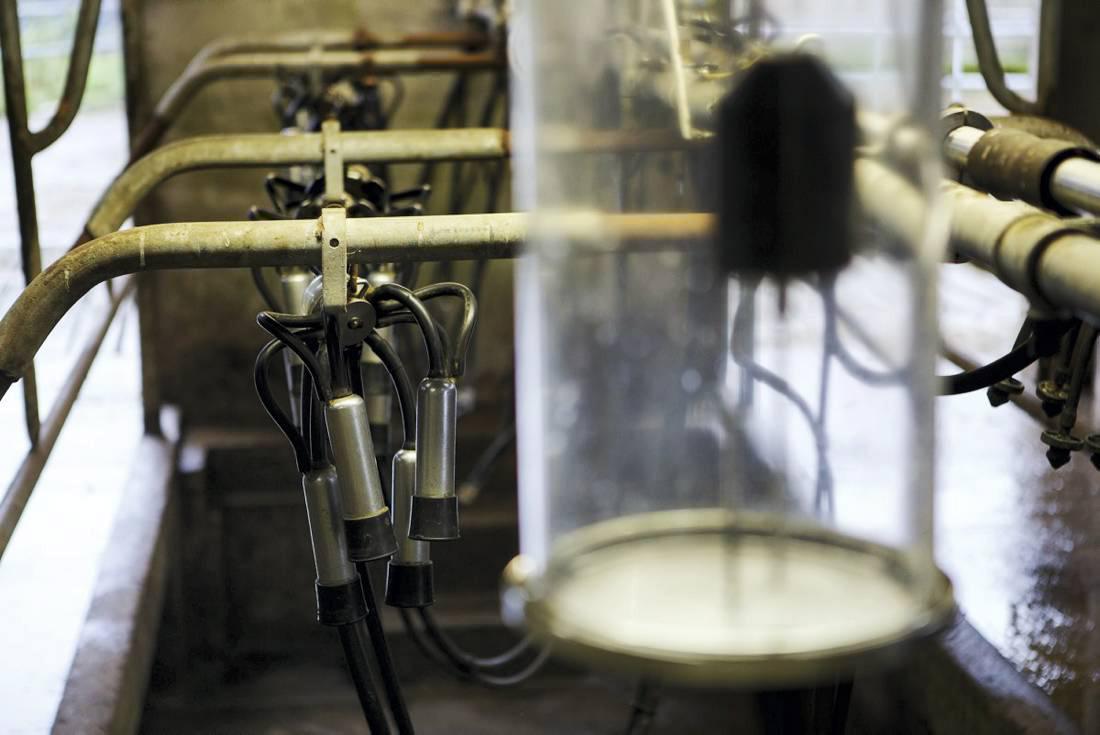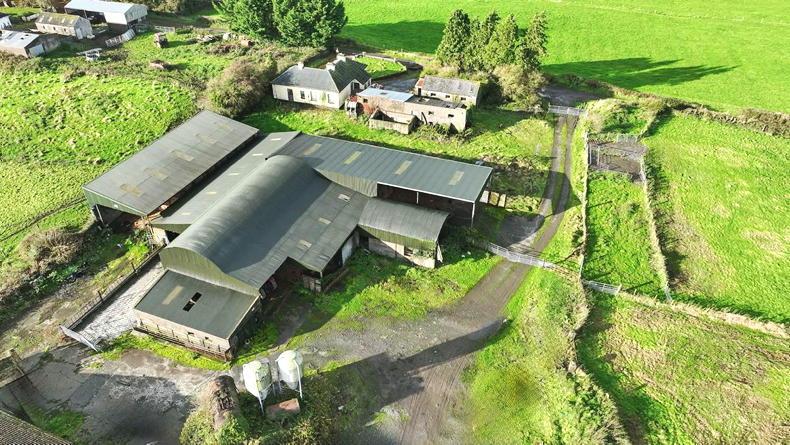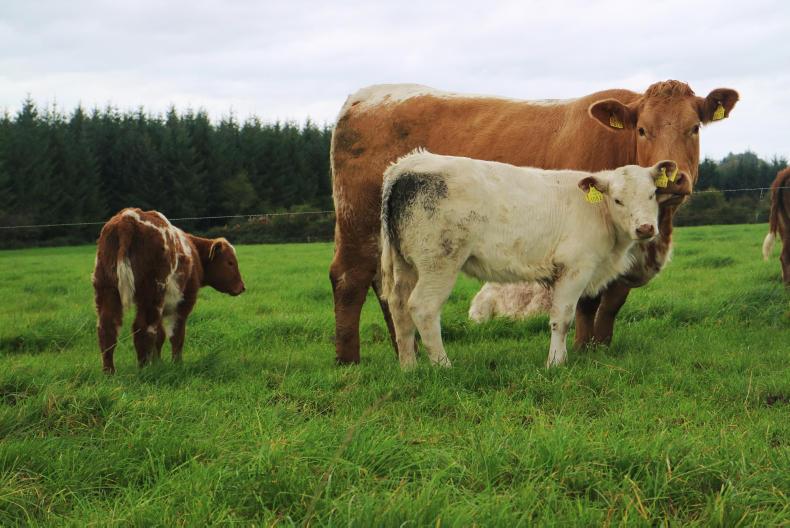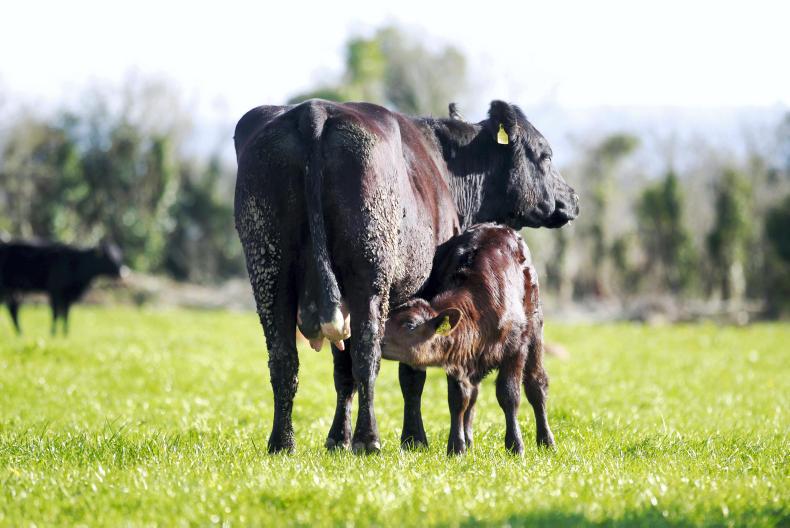He recently presented his report at the 2014 Nuffield Ireland conference.
This is his report summary*:
Abolition of milk quotas on the 1st April 2015 will lead to an expansion phase in the Irish dairy industry. To maximise the opportunity farmers need to up-skill themselves to manage a growing and larger business. They need to improve and develop their employees in order to grow their business or get the most from their current operation. They and their employees also need time off for family, community and social involvement. The farmer and his/her staff are their own most valuable asset. The best investment you can make is in yourself.
Reason for Development
In Ireland development of both the farmer and his/her employees is essential to build competitive dairy farm businesses
Development of skills on farm and off farm leads to better decision making and helps people reach their potential
Skills needed for success
“We mastered what was profitable. What really matters and what matters less.” Colin Armer, Dairy Farmer, 2013
The more developed skills available to people, the better their decision making will be. Problems are often complex and require numerous skills for solving from mathematical to animal health knowledge.
Knowledge of hard sciences such as grassland management, financial accounting and animal requirements brings success in technical farm performance.
Knowledge of soft sciences such as effective communication and psychology are critical for evaluating qualitative situations such as dealing with conflict.
Roadmap for development
“Education, network and benchmark. Never claim to know it all, network with people and benchmark yourself against the best.” Enda Hawe, Dairy Farmer, 2013
There are various ways to advance the development of the dairy farmer and his/her employees in Ireland. The Irish dairy industry has a well-developed, strong information transfer culture with many dairy based knowledge bodies, papers and magazines now existing.
Some options are as follows:
• Open forums (includes discussion groups)
• Formal education
• Read relevant books and literature
• Training courses
• Networking and building friendships
• Entering competitions
• Finding mentors
• Becoming a leader
Corporate Development
Farmers can learn a lot from larger businesses. The best ones normally are based on a completed mission statement and company values that provide a focus and buy-in to the culture.
Investment by the better, larger companies goes outside of the employees’ role and includes their own personal development. The better larger companies invest heavily in their employees, including their personal development. This investment is derived from detailed planning and performance measurement. Such investment needs to be mimicked at farm level, with a training plan and budgeted investment for all people working on the farm.
Measuring Performance
In larger businesses around the world measuring employee or management performance is commonplace and part of the culture. Google employees have been reported to be dissatisfied if candid feedback is not provided. It is argued that performance measurement is somewhat lacking in the small business arena of Irish dairy farms.
Components of performance measurement at farm level would include:
Goal SettingMeasuring Performance and setting Key Performance Indicators (KPI’s) Annual Training PlansFeedback SessionsRecommendations
• Goal setting and performance measuring are critical for progress within both personal and business life. On farm mission statements must be standard giving a framework for goal setting.
• Discussion groups should play a much larger role in goal setting where members act as coaches to each other, holding each other to account.
• Investment in the farmer and staff should be planned and budgeted for annually. Annual training plans should detail relevant areas for improvement.
• Teagasc should evaluate dairy industry training needs. Various courses are available across multiple bodies but more coherence is needed. An industry training body lead by Teagasc with stakeholder involvement is needed.
• Due to the broad nature of the topic further study by Nuffield would be of benefit to Irish farmers. Measuring performance, adapting corporate people development techniques and mentoring should be further studied and refined.
He recently presented his report at the 2014 Nuffield Ireland conference.
This is his report summary*:
Abolition of milk quotas on the 1st April 2015 will lead to an expansion phase in the Irish dairy industry. To maximise the opportunity farmers need to up-skill themselves to manage a growing and larger business. They need to improve and develop their employees in order to grow their business or get the most from their current operation. They and their employees also need time off for family, community and social involvement. The farmer and his/her staff are their own most valuable asset. The best investment you can make is in yourself.
Reason for Development
In Ireland development of both the farmer and his/her employees is essential to build competitive dairy farm businesses
Development of skills on farm and off farm leads to better decision making and helps people reach their potential
Skills needed for success
“We mastered what was profitable. What really matters and what matters less.” Colin Armer, Dairy Farmer, 2013
The more developed skills available to people, the better their decision making will be. Problems are often complex and require numerous skills for solving from mathematical to animal health knowledge.
Knowledge of hard sciences such as grassland management, financial accounting and animal requirements brings success in technical farm performance.
Knowledge of soft sciences such as effective communication and psychology are critical for evaluating qualitative situations such as dealing with conflict.
Roadmap for development
“Education, network and benchmark. Never claim to know it all, network with people and benchmark yourself against the best.” Enda Hawe, Dairy Farmer, 2013
There are various ways to advance the development of the dairy farmer and his/her employees in Ireland. The Irish dairy industry has a well-developed, strong information transfer culture with many dairy based knowledge bodies, papers and magazines now existing.
Some options are as follows:
• Open forums (includes discussion groups)
• Formal education
• Read relevant books and literature
• Training courses
• Networking and building friendships
• Entering competitions
• Finding mentors
• Becoming a leader
Corporate Development
Farmers can learn a lot from larger businesses. The best ones normally are based on a completed mission statement and company values that provide a focus and buy-in to the culture.
Investment by the better, larger companies goes outside of the employees’ role and includes their own personal development. The better larger companies invest heavily in their employees, including their personal development. This investment is derived from detailed planning and performance measurement. Such investment needs to be mimicked at farm level, with a training plan and budgeted investment for all people working on the farm.
Measuring Performance
In larger businesses around the world measuring employee or management performance is commonplace and part of the culture. Google employees have been reported to be dissatisfied if candid feedback is not provided. It is argued that performance measurement is somewhat lacking in the small business arena of Irish dairy farms.
Components of performance measurement at farm level would include:
Goal SettingMeasuring Performance and setting Key Performance Indicators (KPI’s) Annual Training PlansFeedback SessionsRecommendations
• Goal setting and performance measuring are critical for progress within both personal and business life. On farm mission statements must be standard giving a framework for goal setting.
• Discussion groups should play a much larger role in goal setting where members act as coaches to each other, holding each other to account.
• Investment in the farmer and staff should be planned and budgeted for annually. Annual training plans should detail relevant areas for improvement.
• Teagasc should evaluate dairy industry training needs. Various courses are available across multiple bodies but more coherence is needed. An industry training body lead by Teagasc with stakeholder involvement is needed.
• Due to the broad nature of the topic further study by Nuffield would be of benefit to Irish farmers. Measuring performance, adapting corporate people development techniques and mentoring should be further studied and refined.









SHARING OPTIONS